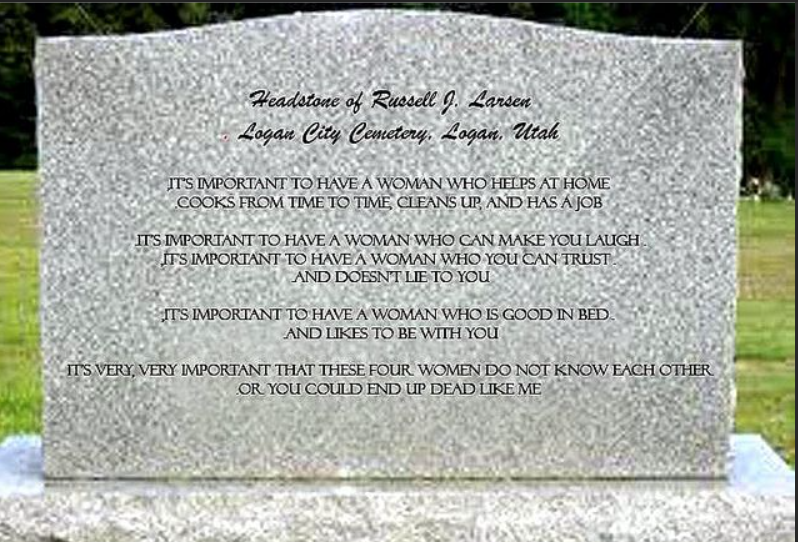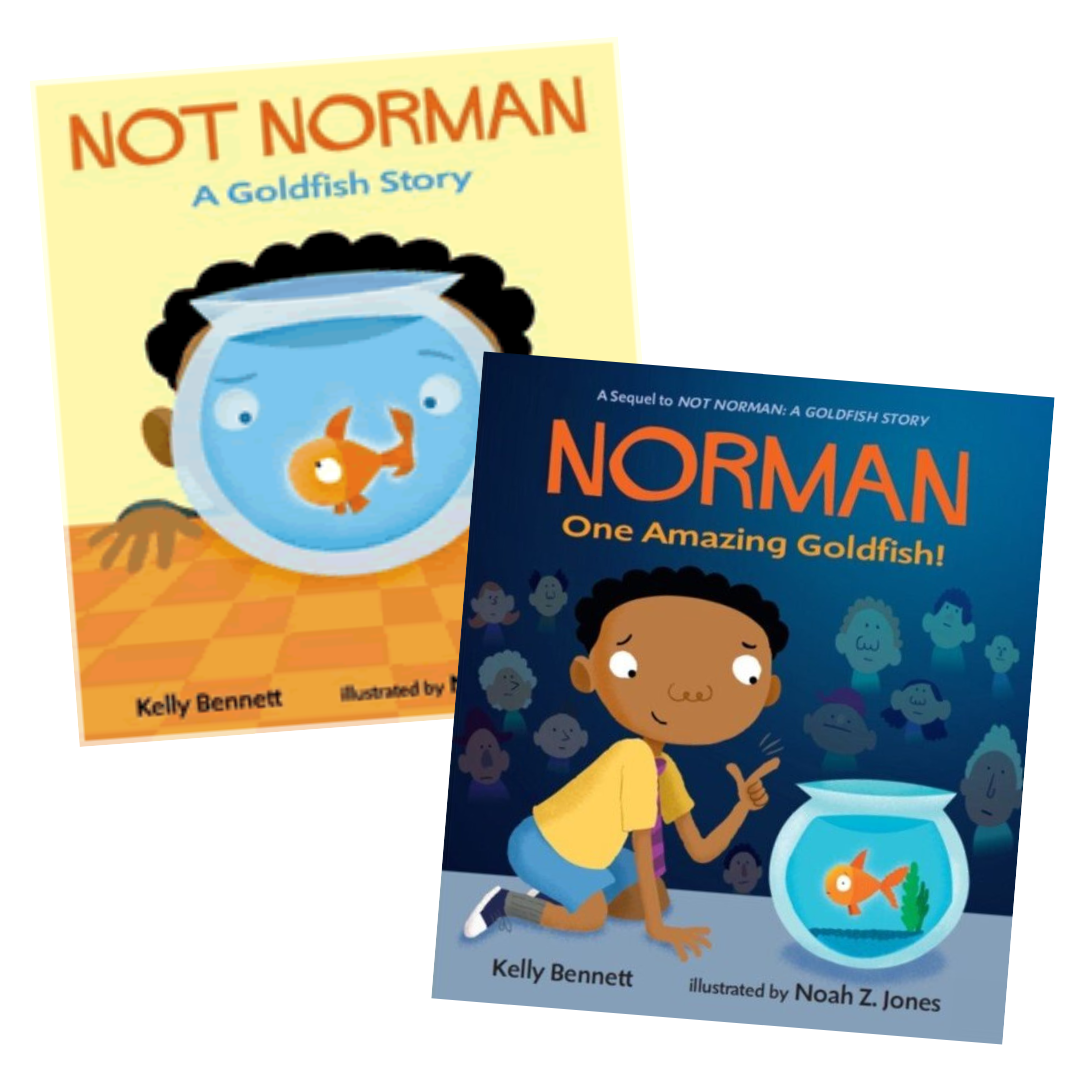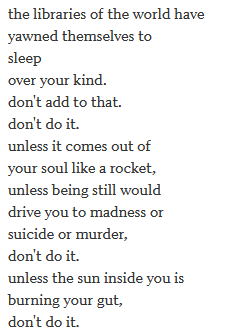Poetry Challenge #310-After Life
Any poet deemed stamp worthy by the U.S Postal Service is certainly deserving of a birthday shout out. Even if it’s only a six-cent stamp, issued in 1970. Seriously, in 1970 what could one mail for 6 cents? Ghost written letters…
Happy Birthday Edgar Lee Masters (August 23, 1868 – March 5, 1950).
Spoon River Anthology, by Edgar Lee Masters was published in 1915, and was both a masterpiece and scandalous—that era’s Peyton Place. It contained over 200 poems, each a comment from the dead in a graveyard in a small, midwestern town.
The poems wailed about unfairness, condemned other occupants of the cemetery, and scandalized husbands and wives and lovers. The poems were written in free verse which had still not been widely accepted at the time.
One critic called it “shredded prose.”
A few of the poems in Master’s Spoon River Anthology are about real people, but most of the characters were created using names Masters gathered in cemeteries in a couple Illinois towns. He mixed first names from one cemetery with last names from another before writing his imagined comments from the grave. The example below was based on Masters’ pioneering grandmother.
In case you’re wondering, here’s what Edgar Lee Master’s looked like…perhaps when skulking around graveyards or peeping in windows…. I just made that last bit up. A bit of gossip… (But this photo is real, filched from Google Images.)
“How shall the soul of a man be bigger than the life he lived?”—Edgar Lee Masters
Poetry Challenge #310
After Life
If you can, wander around an old graveyard and collect names and epitaphs. Mix them together and use the name you come up with as the title of your poem. Write your poem as though this made-up person is talking. You can include an epitaph if you want.
Set Your Timer for 7 Minutes
Start Writing!
Don’t Think About it, Write It!
Cindy Faughnan and I began this 7-Minute Poetry Challenge 2600+ days ago. Now we take turns creating prompts to share with you. Our hope is that creatives—children & adults—will use our prompts as springboards to word play time. If you join us in the Challenge, let us know by posting the title, a note, or if you want, the whole poem in the comments.
Click on Fishbowl link and sign up to receive email notifications from Kelly's blog (aka The Fishbowl):
All who subscribe, comment or share a poem will be entered in . . .
Fin Pal Ask Norman "Do you have Fish Friends?"
In Norman One Amazing Goldfish, the boy enters Norman in Pet-o-Rama to show off his tricks, but when Norman gets on stage he is so nervous, he shivers.
Have you ever been somewhere where you’ve been that nervous?
We call that feeling “stage fright.”
Ready to read Norman’s answer? Scroll down . . .
Glug
Glug
Glug . . .
But first a finny:
Q: What kind of sunglasses does Norman wear?
About Stage Fright! The boy is the book, helps Norman and himself get over stage fright by closing his eyes and playing the song together. Having a friend to encourage you helps. Even if that friend isn’t on stage with you, you can look at them in the audience and it’s like that friend is with you.
And now the answer to Norman’s finny joke:
Q: What kind of sunglasses does Norman wear?
A: String Ray-bans.
Do you have a question for Norman the Goldfish- about friends, school, pets, family, life in and outside the fishbowl? Send him a letter!
Don’t forget to order your copy of NOT NORMAN: A GOLDFISH STORY and NORMAN: ONE AMAZING GOLDFISH!!
Poetry Challenge #309-Don't Do it!
“Nice” and “Pretty” are two words no one EVER used to describe Charles Bukowski’s poetry.
Born Aug 16th makes Bukowski a Leo, a lion, a sunny Sun sign. He was anything but.
He was depressed, moody, drank, smoked, and quit writing altogether mid-career, a time he called his “ten year drunk” because he couldn’t sell any of his writing.
All that being said, only reading “nice pretty” poetry would be like only watching cartoons…
“The Laureate of American lowlife.”-Time Magazine, 1986.
Here’s a personal favorite. “Raw with Love,” by
Charles Bukowski was born in Germany, on August 16, 1920, the only child of an American soldier and a German mother.
At the age of three, the family moved to the U.S. he grew up in Los Angeles. His was a miserable childhood. After a few years of college, he dropped out and moved to NYC to be a writer. At the age of 24 his first short story was published, and then nothing. He went to work for the post office.
Quitting writing for a decade chewed Bukowski up, mentally and physically. After almost dying from a bleeding ulcer, Bukowski began writing again—poetry this time. He was 35 when his first poetry and then an underground newspaper column that led to a publishing contract in 1969.
Tough as he was, Bukowski felt and hurt and showed it. Here’s another by Charles Bukowski, titled “For Jane”
When he died in 1994, of leukemia, Bukowski was a popular author and performing poet and author of more than 45 books of poems and prose.
“Without trying to make himself look good, much less heroic, Bukowski writes with a nothing-to-lose truthfulness which sets him apart from most other ‘autobiographical’ novelists and poets,”— Stephen Kessler in the San Francisco Review of Books
Poetry Challenge #309
Don’t Do IT!
Near and dear to my heart is Bukowski’s poem “So You Want to Be a Writer” . Here’s a snippet plucked from the ending. (After taking the challenge, click the link to read the rest.)
“So You Want to Be a Writer” is essentially a letter to wanna-be writers listing wrong reasons you might have for wanting to be a writers ending with Don’t Do it!
Following Bukowski’s lead, write a warning poem listing pros and cons for pursuing that vocation.
First fill in the blank with an occupation/vocation, it could be anything from Butcher, Baker, Doctor, Ski Diver, Magician, Mountain Climber…
So You Want to Be a _______________
Repeat the phrase Don’t Do it! Or Do it! several times in the poem.
Set Your Timer for 7 Minutes
Start Writing!
Don’t Think About it, Write It!
Craving more poems by Charles Bukowski? Click over to An Introduction to Charles Bukowski in Eight Poems with explanations from culturetrip.com.
Cindy Faughnan and I began this 7-Minute Poetry Challenge 2600+ days ago. Now we take turns creating prompts to share with you. Our hope is that creatives—children & adults—will use our prompts as springboards to word play time. If you join us in the Challenge, let us know by posting the title, a note, or if you want, the whole poem in the comments.
Click on Fishbowl link and sign up to receive email notifications from Kelly's blog (aka The Fishbowl):
All who subscribe, comment or share a poem will be entered in . . .
Poetry Challenge #308-Regular People
Philip Larkin (1922-1985) was a well-known and well-liked English poet. He wrote only four short books of poetry, but they were written in a way that spoke to regular people—even people who thought they didn’t like poetry.
“Poetry from which even people who distrust poetry, most people, can take comfort and delight,”—X.J. Kennedy, New Criterion.
Larkin’s collections, published once a decade, include The North Ship (1945), Less Deceived (1955), The Whitsun Weddings (1964), and High Windows (1974).
He was one of post-war England’s most famous poets and was commonly referred to as “England’s other Poet Laureate,” but eschewed the opportunity to be the Poet Laureate because he shied away from attention.
Larkin used the tools of poetry such as rhyme, rhythm, and stanzas to explore everyday fears people are faced with. “The Mower” dealt with death:
You can guess the subject of this poem by it’s title, “Days”? (That’s the way with many of Larkin’s poems.) “Days” was written in 1953 and included in Larkin’s The Whitsun Weddings.
Poetry Challenge #308
Regular People
Think of a fear people face today and write a short poem examining it.
Try using rhythm or rhyme and give advice if you want!
Set Your Timer for 7 Minutes
Start Writing!
Don’t Think About it, Write It!
Other poems by Philip Larkin can be found at the Poetry Foundation website. *Warning, Larkin’s poetry should come with an R rating.
Cindy Faughnan and I began this 7-Minute Poetry Challenge 2600+ days ago. Now we take turns creating prompts to share with you. Our hope is that creatives—children & adults—will use our prompts as springboards to word play time. If you join us in the Challenge, let us know by posting the title, a note, or if you want, the whole poem in the comments.
Click on Fishbowl link and sign up to receive email notifications from Kelly's blog (aka The Fishbowl):
All who subscribe, comment or share a poem will be entered in . . .
Poetry Challenge #307-Paradise!
Paradise Lost! Paradise Found! There are as many ideas of paradise as there are people. When James Baldwin is mentioned, it’s definitely The underside of paradise that comes to mind.
James Baldwin was born on August 2, 1924, in Harlem, New York. A poet, playwright, novelist, he’s known for writing unflinchingly about the racism, race relations and what it’s like to be Black in America.
He found freedom as a human, and an author, after moving to Paris on a fellowship. A move, he noted, that allowed him to write more about his personal and racial background.
"Once I found myself on the other side of the ocean, I see where I came from very clearly...I am the grandson of a slave, and I am a writer. I must deal with both," —Baldwin, NY Times
James Baldwin’s first novel, Go Tell it on the Mountain, was published in 1953.
"Mountain is the book I had to write if I was ever going to write anything else. I had to deal with what hurt me most. I had to deal, above all, with my father.”
While James Baldwin is perhaps best-known for his essays and books such as Nobody Knows My Name, More Notes of a Native Son, and The Fire Next Time, he also wrote poetry.
This poem, “Le Sporting-Club de Monte Carlo,” Baldwin wrote for Lena Horne
In light of the freakish frightening weather patterns—including the torrential flooding in Vermont—the adage “be careful what you wish for,” came to mind after reading Baldwin’s untitled poem:
Poetry Challenge #307
Paradise!
As shown in Baldwin’s poem “Paradise” (above) everyone has their own idea of paradise.
Bonnie Raitt song, “Who But a Fool” written by Tom Snow & Nan O'Byrne has another version. The song begins: Paradise /I’ve got a man who loves me/in this life, puts no one else above me/it’s paradise…
What’s your idea of Paradise?
Aug 2 is National Ice Cream Sandwich Day—for some that might just be it!
The Saturday Review noted the success of Baldwin’s writing was that it “possesses a crystal clearness and a passionately poetic rhythm that makes it most appealing.”
Write a poem about one kind of Paradise.
Do as Baldwin would and define it with “crystal clearness” and “poetic rhythm.”
Set Your Timer for 7 Minutes
Start Writing!
Don’t Think About it, Write It!
Cindy Faughnan and I began this 7-Minute Poetry Challenge 2600+ days ago. Now we take turns creating prompts to share with you. Our hope is that creatives—children & adults—will use our prompts as springboards to word play time. If you join us in the Challenge, let us know by posting the title, a note, or if you want, the whole poem in the comments.
Click on Fishbowl link and sign up to receive email notifications from Kelly's blog (aka The Fishbowl):
All who subscribe, comment or share a poem will be entered in . . .
HAPPY GOLDFISH DAY!
Fin-omenal Printables and Puzzles
GET YOUR GLUGS ON!
GLUG! GLUG! Happy Goldfish Day!
August 2 is officially National Goldfish Day!
A whole day in praise of Goldfish! We’re Celebrating with Treats for Everybody!
Here’s to Norman &
GOLDFISH EVERYWHERE!
Celebrate Goldfish Day with some goldfish fun from Norman!
Look there’s MORE! more fintastic activities, downloadables & Crafts
FINTASTIC activities, downloadables & Crafts
on my Pinterest Page @notnorman
And what every goldfish friend loves reading the most!—GOLDFISH BOOKS! SCARY GOLDFISH BOOKS!
For More Goldfish Love, Write to Norman. He’s a great finpal! Here’s How!
Here at the Fishbowl, every day is Goldfish Day! Glug! Glug!
Fin Pal Ask Norman: Are you Happy?
The painting above is by Emiley. And here’s her letter:
Here’s the scene from Not Norman, A Goldfish Story, before the boy cleans Norman’s fishbowl. See all the green gunk? Yuck!
What does Norman do after the boy drops him into his nice clean bowl?
So what do you think? Is Norman happy?
Ready to read Norman’s answer? Scroll down . . .
Glug
Glug
Glug . . .
But first a finny:
Q: What’s Norman’s favorite bedtime song?
And now for Norman’s answer. But this time, instead of Kelly writing a response, let’s let Norman show you. What does Norman do when the boy drops him into his nice clean bowl?
Look at the picture and then you tell us: Is he happy?
What to know what happens next? You’ll have to read Not Norman, a Goldfish Story.
Here’s a link to the Author Read-aloud!
And the answer to the joke:
Q: What’s Norman’s favorite bedtime song?
A: “Twinkle Twinkle Little Starfish.”
Do you have a question for Norman the Goldfish- about friends, school, pets, family, life in and outside the fishbowl? Send him a letter!
Don’t forget to order your copy of NOT NORMAN: A GOLDFISH STORY and NORMAN: ONE AMAZING GOLDFISH!!
Poetry Challenge #306-Can You Haiku?
Happy Birthday to Jim Kacian (July 26), haiku poet and co-founder of The Haiku Foundation which has wonderful resources that might spark your own haiku ideas.
He’s written sixteen books of poetry, fourteen of which are dedicated to haiku or haiku-related genres.
Jim Kacian is also owner and publisher of Red Moon Press.
While Haiku is serious poety, it doesn’t have to be serious.
Check out the “Outside the Box” Haiku Comics like the strip below by Jessica Tremblay.
Find more comics, stories and conversations on the Haiku Foundation website:
“Haiku, like any viable art, is shifting continuously, and what will emerge in the future can only be guessed at. But it is safe to say that it has become a viable, popular form of literature throughout the world, capable of being written, shared and appreciated by many cultures, in their different ways, in all parts of the world”—Jim Kacian
To experience some of Jim Kacian’s work, and for Haiku inspiration click on Long After (below) and keep clicking through the pages. It’s way cool!
Poetry Challenge #306
Can You Haiku?
In honor of Mr. Kacian’s birthday, write haiku-like poems: 3 lines, 5-7-5 syllables, don’t rhyme, about nature. Don’t be afraid to break every one of the rules!
How many haiku can you write in 7 minutes?
Set Your Timer for 7 Minutes
Start Writing!
Don’t Think About it, Haiku!
Cindy Faughnan and I began this 7-Minute Poetry Challenge 2600+ days ago. Now we take turns creating prompts to share with you. Our hope is that creatives—children & adults—will use our prompts as springboards to word play time. If you join us in the Challenge, let us know by posting the title, a note, or if you want, the whole poem in the comments.
Click on Fishbowl link and sign up to receive email notifications from Kelly's blog (aka The Fishbowl):
All who subscribe, comment or share a poem will be entered in . . .



















































